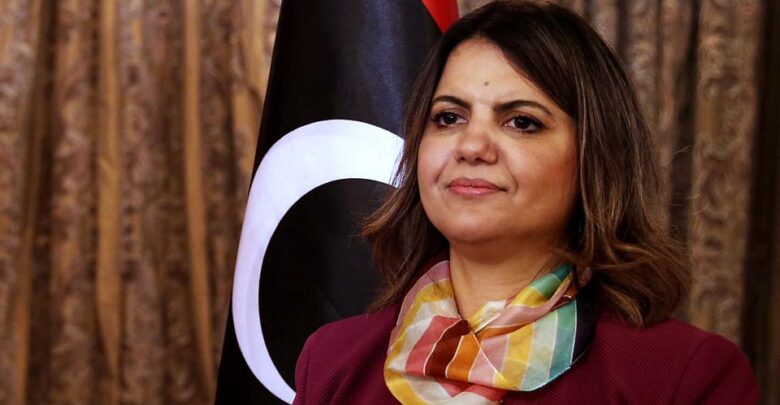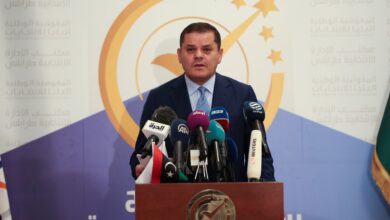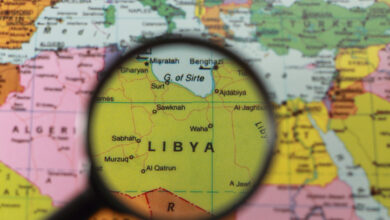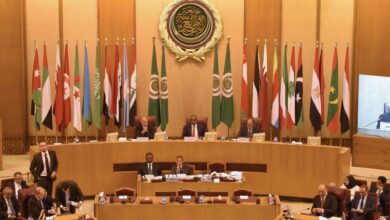Libya
Libyan Foreign Minister Calls For Departure Of Foreign Forces, Mercenaries

Libyan Foreign Minister Najla al-Manqoush on Monday called for the departure of foreign forces and mercenaries to help bolster a seven-month-old cease-fire as the country heads towards elections later this year, reported Al Jazeera.
The Libyan minister urged the Turkey government to implement UN Security Council resolutions demanding the repatriation of more than 20,000 foreign fighters and mercenaries from the North African country.
She made the appeal at a joint news conference with Turkish Foreign Minister Mevlut Cavusoglu, who visited the capital of Tripoli with Defense Minister Hulusi Akar and other top military and intelligence officials.
“We call on (Turkey) to take steps to implement all the provisions of … the Security Council resolutions and to cooperate together to expel all foreign forces and mercenaries from the Libyan territories,” Libyan Foreign Minister Al-Manqoush said.
Turkey had deployed troops and mercenaries to help the Libyan Government of National Accord in its fight against forces of military commander Khalifa Hafter, who launched an attack on the capital in 2019.
According to Security Council diplomats, there are over 20,000 foreign fighters and mercenaries in Libya, including 13,000 Syrians and 11,000 Sudanese, along with Russians and Chadians.
In response, Turkish Foreign Minister Mevlut Cavusoglu criticized the people who “suggest … the Turkish presence in Libya is equivalent to that of the foreign mercenary groups that fight in this country for money.”
He contended that the cooperation between Turkey and Libya within the framework of a military accord signed in late 2019 avoided Libya sinking into civil war.
“Our support has opened the way to a cease-fire and the installation of a new unified political executive,” he added.
Cavusoglu stressed Turkey’s support for the Libyan interim government, led by Prime Minister Abdul Hamid Mohammed Dbeibah, saying that it will continue to stand by its Libyan sisters and brothers.
The interim government that came to power in March is meant to steer Libya through a general election on December 24.





